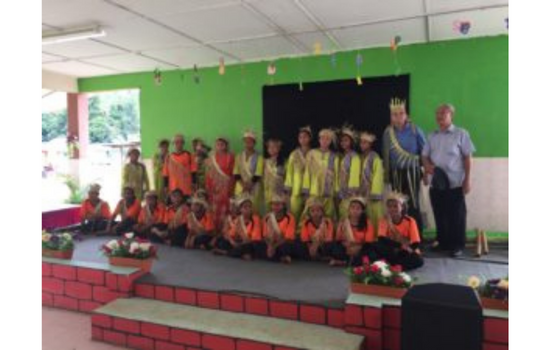The 2030 Agenda with the 17 Sustainable Development Goals (SDGs) identifies inclusive and equitable quality education for all as crucial in attaining a sustainable future. Yet, today and with few exceptions, youth, in or from traditional cultures, remain amongst the least-well served by their respective public education and training systems with some of the lowest graduation rates from elementary, secondary or tertiary education.
SDG target 4.5 now specifically refers to ensuring “…equal access to all levels of education and vocational training for the vulnerable including (…) indigenous peoples...”


What do we do?
In order to serve the new 2030 Agenda, we have launched a unique project in 2017.
This global research project, “Reorienting Education and Training Systems to Improve the Lives of Indigenous Youth” (2017-2022) aims to improve the lives of Indigenous youth, in or from traditional communities by enhancing the quality of their education.
The research follows a community-based participatory research approach. Its results are expected to assist education and community leaders worldwide by providing policy recommendations. The recommendations will be based on analyzing varying perceptions of what constitutes quality education, collecting examples of existing good practice and conducting action research. The unique approach of this research on how education outcomes for Indigenous youth can be improved is by engaging education for sustainable development (ESD), i.e. addressing local social, economic and environmental issues and designing appropriate pedagogical approaches.
In implementing this research, we have created the first international network of researchers on SDG 4.5, engaging more than 120 institutions in approximately 40 countries/Indigenous Peoples territories with representation from all UN regions.
